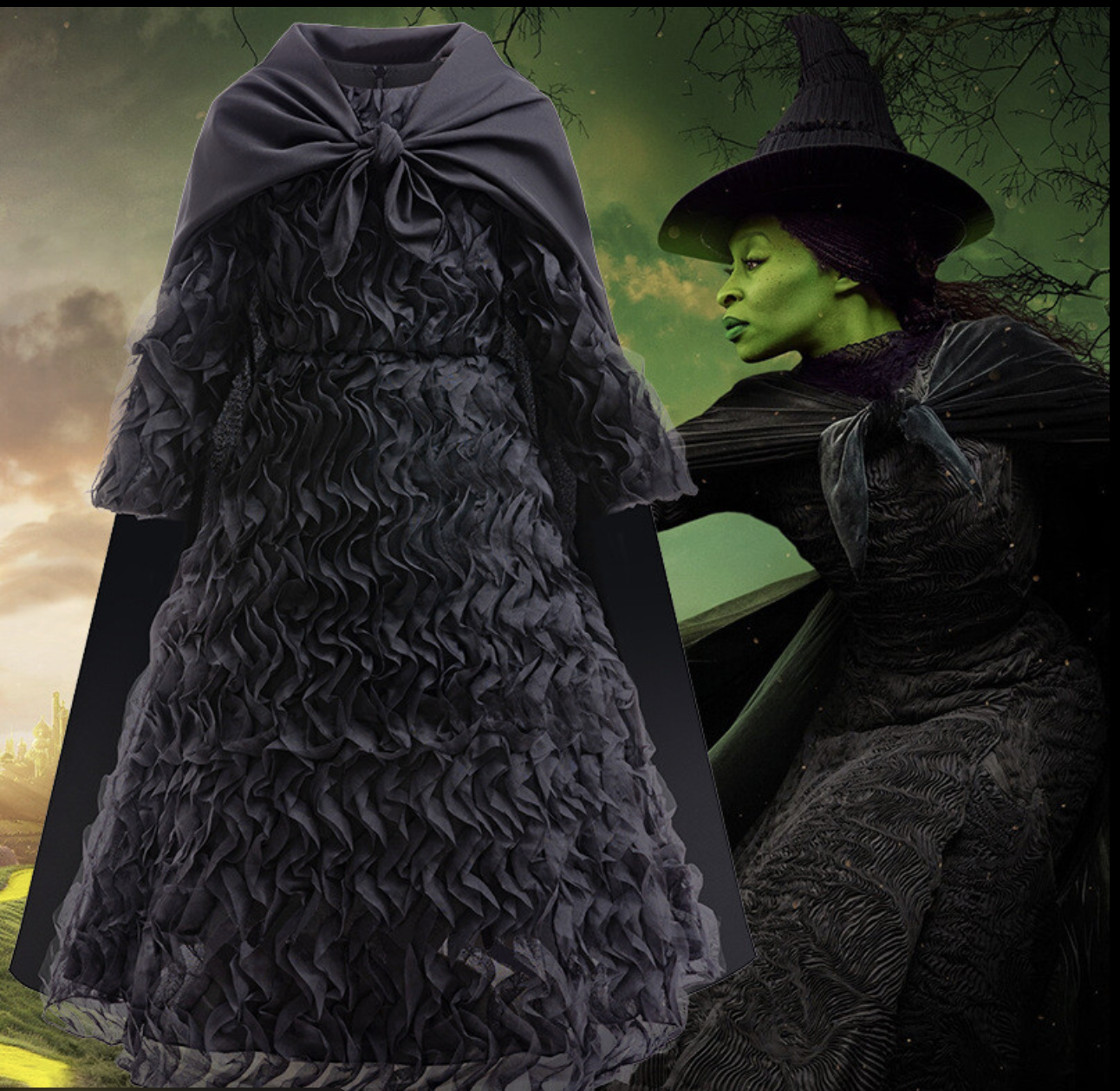
Donald Trump – Why is South Park always in the spotlight?
South Park has a long history of using political figures as a source of satire, and Donald Trump has been one of their main targets for years. The reason is simple: he is a figure who has dominated politics and the media for a long time, and his actions often provide opportunities for social commentary. When South Park includes Trump in an episode, the goal is not only to make people laugh, but to create a reflection on how his leadership has affected American society. In this context, even agencies like the Department of Homeland Security (DHS) can enter the story to highlight themes of security, immigration, and the power of government.
Kristi Noem – What made her name in South Park satire?
Kristi Noem is the governor of South Dakota and has gained national visibility due to her political positions, especially her affiliation with the MAGA movement. In an episode of South Park, including a figure like Noem allows the creators to combine criticism of state and federal policies. When put in the same context as DHS, it can be used to examine how politicians handle security and authority. South Park often exaggerates the behavior of its characters to convey a stronger message, but always with a touch of reality that makes people question their role in public life.

DHS – What is their role in the political satire of South Park?
The DHS, or Department of Homeland Security, is a federal agency responsible for national security in the United States. When South Park decides to satirize them, it opens the door to discussing several hot topics: mass surveillance, border policy, and immigration measures. In a typical episode, DHS may be depicted as an organization that takes extreme or absurd actions, resulting in humorous situations but with a critical underpinning of how power can go too far. The purpose of this satire is to make viewers think about the balance between security and freedom.
Why combine Trump, Noem, and DHS in the same episode?
When you put these three elements together in one episode – a former president, a popular MAGA governor, and a powerful federal agency – you create an ideal plot for satire. South Park can use the relationships between these people and this institution to show how personal politics and national security policy are intertwined. For example, they could create a scenario where Trump and Noem work together to create a new, absurd national security policy, while DHS implements it without thinking. The result is a dramatic comedy that makes people laugh, but also raises questions about current political practices.
Does South Park’s satire have a real impact?
Yes, South Park has the ability to influence the public conversation. By taking a hot topic like the relationship between Trump, Noem, and DHS, they can bring it to a wider audience, including those who may not be following the news. Satire can make those who agree with these policies feel attacked, but it can also push others to think more deeply about the consequences of their leaders’ actions. In many cases, South Park serves as a form of “social control” by highlighting what traditional media is sometimes reluctant to explain.

What strategies does South Park use to get its critics across?
Its creators, Trey Parker and Matt Stone, employ three main techniques:
Shocking imagery – to immediately grab attention
Exaggeration of personality – to highlight the flaws or contradictions of the characters.
Symbolic scenes – to create a parallel between real events and fictional stories.
When these strategies are applied to Trump, Noem, and the DHS, they can deliver a powerful critique, even if it’s disguised as humor.
Why is this interesting to the public?
South Park continues to be a powerful tool for social commentary because it doesn’t shy away from attacking any one figure or institution. Putting Trump, Kristi Noem, and the DHS in the same narrative allows for a comprehensive analysis of the power politics, security, and personalities that dominate the American political scene. To those who follow the news, this may seem like a bluff; for others, it’s an easy way to delve into topics that might be too dry without humor. But in both cases, the message remains the same: questions about how leaders and institutions use power deserve to be asked and analyzed.
By..Wilgens Sirise





